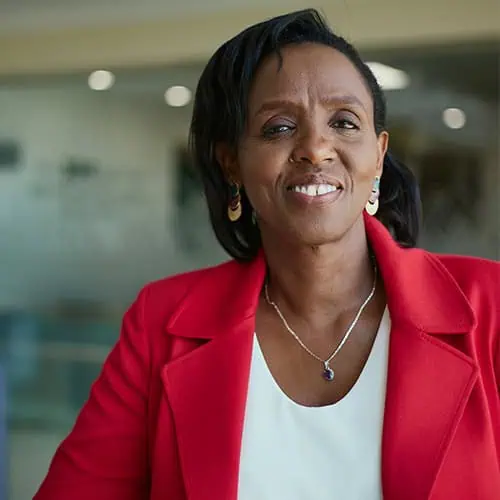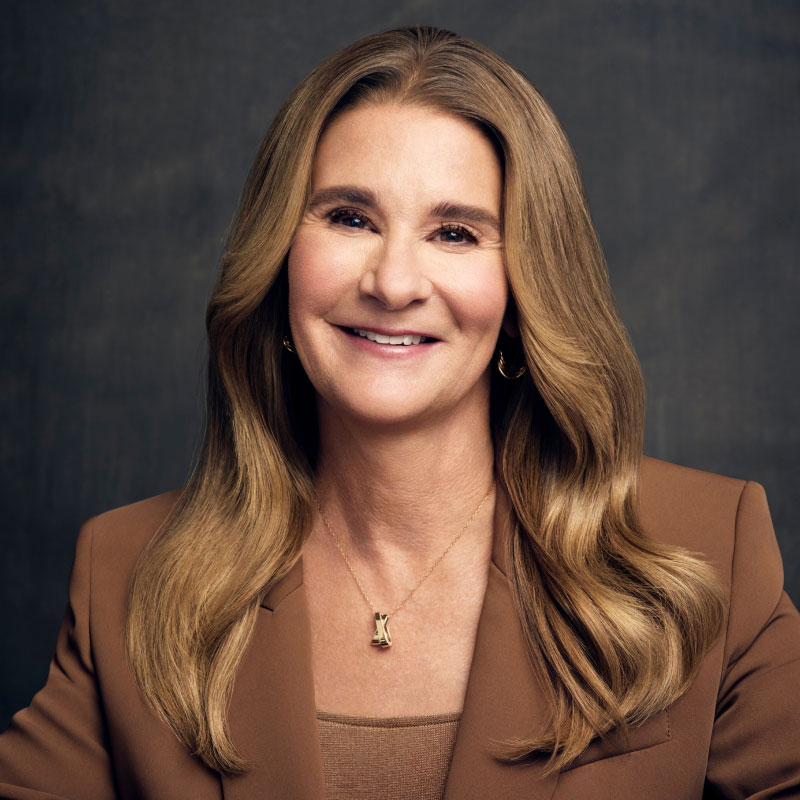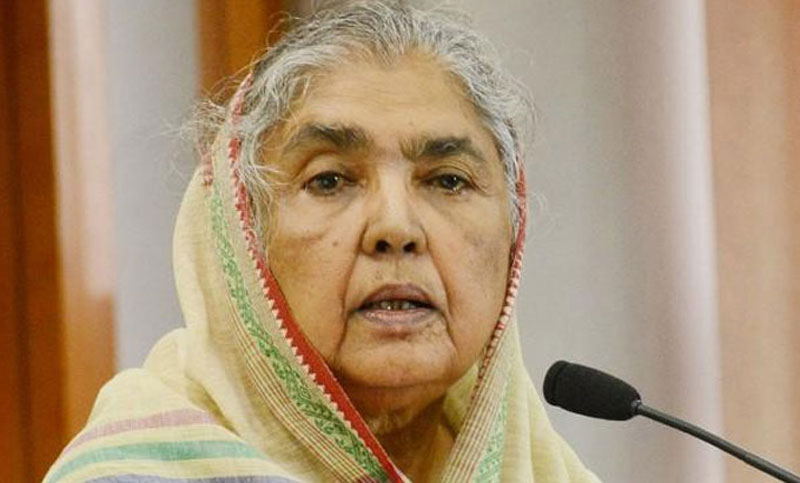Since its founding in 1975, IFPRI has worked closely with hundreds of partners, including its sister CGIAR centers, around the world to provide research-based policy solutions that sustainably reduce poverty and end hunger and malnutrition. IFPRI’s research has informed important policy, program, and investment decisions and had a positive impact on the lives of many people in low- and middle-income countries. IFPRI is also looking ahead to 2050, with a focus on ensuring that high-quality evidence remains at the forefront of national, regional, and global development policy processes in an increasingly complex world.
We are proud to showcase the importance of food policy research as we mark our 50th anniversary with a series of outputs and events:
50th Anniversary Global Food Policy Report special edition
Our 2025 flagship Global Food Policy Report (GFPR) will be released in May. The report will highlight key lessons and impacts from research on issues, policies, and interventions to address poverty and malnutrition at the global and regional levels. Drawing on this experience, it will also present forward-looking analyses to inform strategies and policies that can achieve key development outcomes by 2050. With chapters from IFPRI researchers, colleagues, and partners, the GFPR will examine the evidence built over the past 50 years and the critical role that a strong evidence base plays in development of effective pro-poor policies and actions that support sustainable, healthy food systems.

Multistakeholder Consultations and Outreach
The Global Food Policy Report (GFPR) will serve as the basis for engaging with a wide array of partners and stakeholders throughout 2025. A global launch of the 2025 GFPR in May will use the report’s key findings to bring together a diverse set of actors engaged on food systems topics that require international attention and coordination to examine existing processes and obstacles to greater progress. Following the global event, three regional consultations in Asia, Africa, and the Latin American and Caribbean region will draw on the report’s regional analysis to help define region-specific lessons and strategies to address future food systems challenges and opportunities. Additional convenings will be held at the country level.
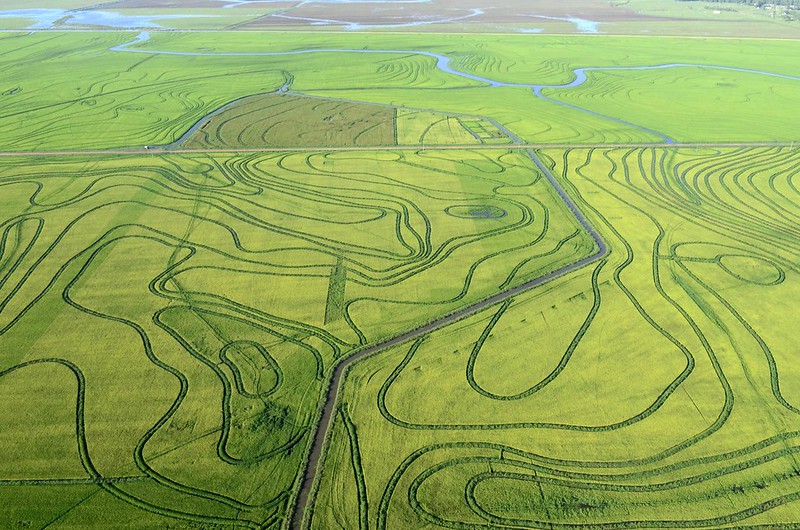
New IFPRI Strategy
Building on IFPRI’s unique approach to research and comparative advantage, IFPRI is developing a new forward-looking IFPRI Strategy that will identify priority research topics and set out how these can be operationalized through on-the-ground partnerships and amplified through effective outreach. The forward-looking recommendations of the Global Food Policy Report and stakeholder inputs will ensure that these priorities are backed by high-quality research, and co-developed and implemented with governments, organizations, and networks within the Global South.
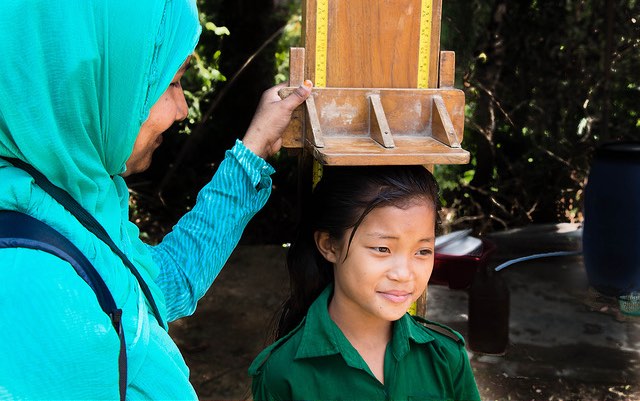
Measuring Our Impact
We are committed to providing research solutions that make a difference in people’s lives. Building on past assessments, we will be releasing a new external impact assessment on the past 50 years of our work. We will also continue to add to our Making a Difference blog, which highlights stories of IFPRI’s impact through research around the world.

Engaging with Youth
Join our global video contest for university students in agriculture! Showcase your vision for policy innovations at the global, regional, or national level to ensure access to healthy, sustainable, and affordable diets. Participate in the global and regional launches of the Global Food Policy Report and make your voice heard in shaping a better food future. Details on the contest, open to ages 18 to 30, coming soon.
History & Impact
Featured Publications
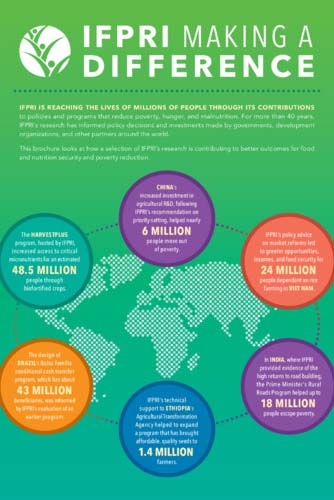
Brochure
IFPRI Making a difference
International Food Policy Research Institute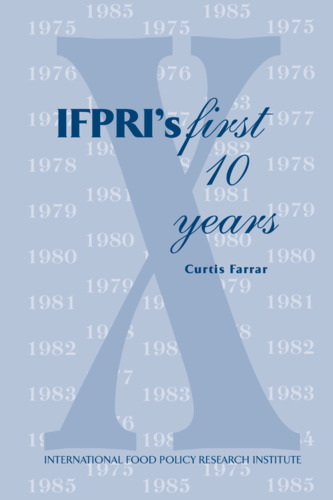
Book
IFPRI’s first 10 years
Farrar, Curtis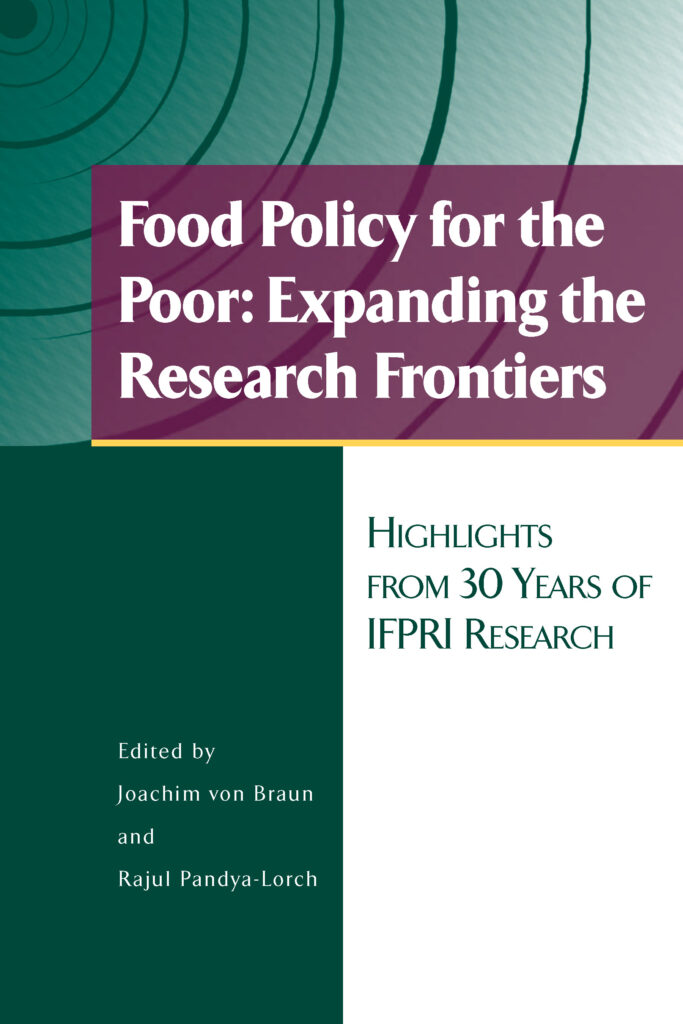
Book







